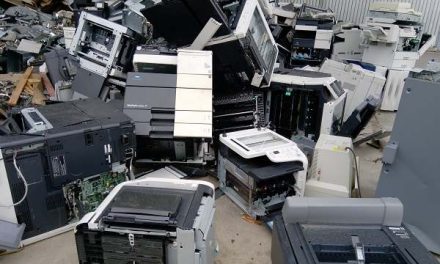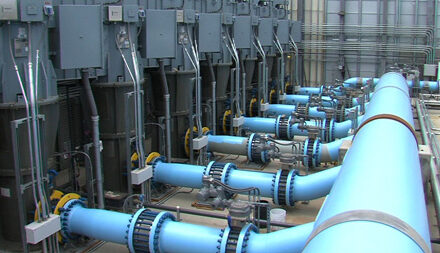
Urban drift worsens sanitation
The target period for improved access to water and sanitation which is expected to increase from the current 34% to 70% coverage by 2017 has been dismally missed.
The Minister of Agriculture, Water and Forestry, John Mutorwa said this at the 9th Water and Sanitation Sector Joint Annual Review in Windhoek last week where the pre-eminent development challenges of water and sanitation crisis were discussed.
Water and sanitation Sector stakeholders covered achievements and challenges encountered over the financial years 2013/2014 up to date in the water supply and sanitation sector such as improved water supply to over 87% of the households.
The problem of poor access to sanitation is particularly acute in the rural areas where only 17% of the population has access to improved sanitation facilities with an alarming rate as high as 46.5% of open defecation.
Also equally affected are the informal settlements as low access to improved sanitation becomes a public-health problem.
Mutorwa said that the rapid 3.5% yearly rural to urban migration cannot be ignored as it has major impact on water and sanitation service delivery particularly in urban areas.
According to the Namibia Demographic and Health Survey Report of 2013 the disparity of water and sanitation service coverage between urban and rural is cause for concern.
For water the coverage in urban is 97.5% and 75.5% for rural, whilst for sanitation the coverage is 73.1% for urban and 22.7% for rural.
Actions to improve access to water and ensure water security are in the works such as construction of Neckartal Dam which is 44% complete, construction of the Divundu pipeline scheme and water treatment plant which is 25% complete, construction of the Kalkveld water supply is complete and negotiation for purchasing of the desalination plant from Areva is in progress.
Also completed are the Katima Mulilo-Ngoma Water Pipeline Phase 2; Katima Mulilo-Kongola Water Pipeline Phase 1 and the Onambutu Water Supply Scheme Phase 6.
The sector has also improved water security measures through implementation of a number of projects which include groundwater monitoring and investigations of potential aquifers and recharging of the Windhoek aquifer.
Some of the other projects under implementation include the Katima Mulilo-Kongola Pipeline Scheme and water treatment plant; Ondangwa-Omuntele Pipeline Extension; Iitapa-Okeeholongo Water Supply Scheme Phase 1; and Otjimbingwe Rural Water Supply.
Experience from Namibia and elsewhere has already shown that simply constructing toilets, or offering subsidies for construction, is not an effective way to improve sanitation. Therefore the Sanitation and Hygiene Promotion in Namibia should adapt community-led approaches, that empower whole communities, to collectively change their sanitation and hygiene behaviour.












































